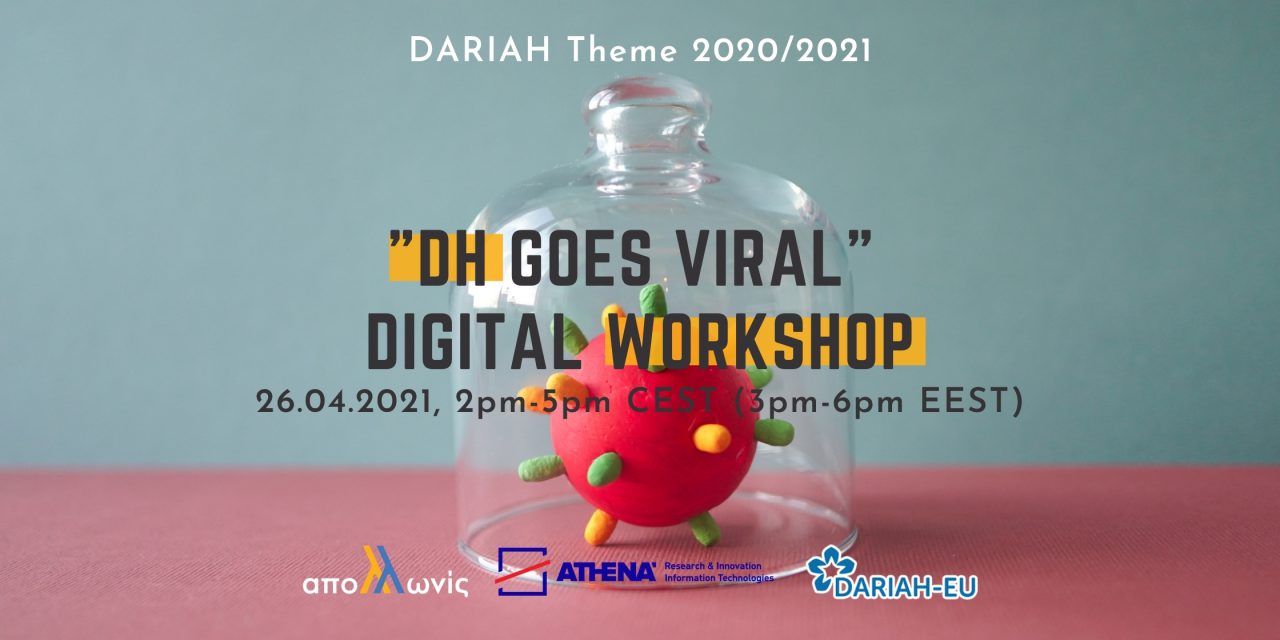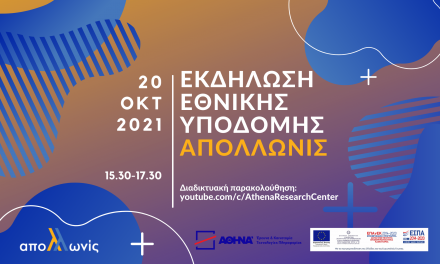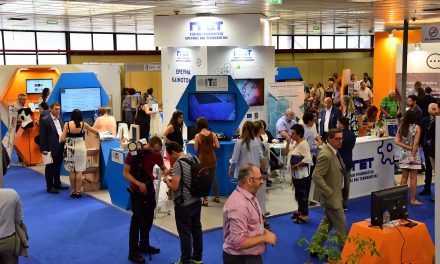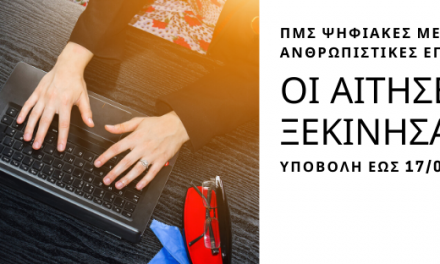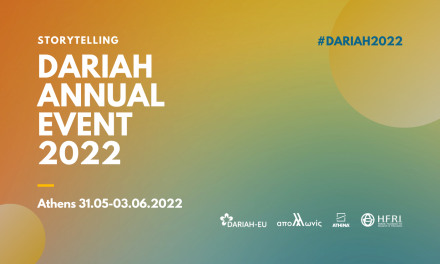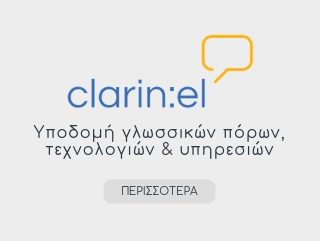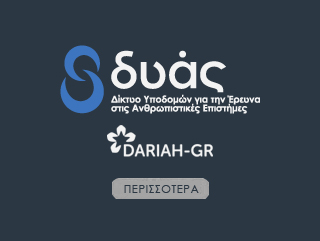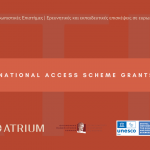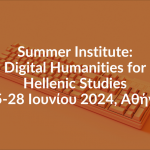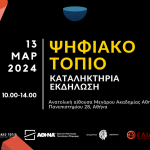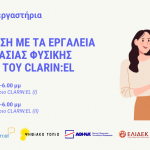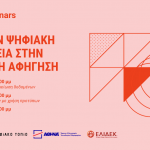26.04.2021 | 14.00-17.00 CEST (15.00-18.00 EEST)
Zoom Virtual Event
Almost one year since the “DH in the Time of Virus” Twitter conference, which took DH Twitter by storm right at the beginning of the pandemic and was voted 1st Runner Up in the “Best DH Response to COVID-19” at the DH Awards, the Digital Curation Unit – IMSI, ATHENA R.C. is organizing a follow-up event, this time a digital workshop in which we aim to reunite the Twitter Conference participants alongside further DH researchers.
The aims of the workshop will be to:
- Revisit, reappraise and reevaluate considerations, remarks, and research outputs presented in April 2020: What steps have we taken?
- Benchmark the impact of COVID-19 in DH communities across the world
- Reinforce bonding and explore new COVID-19-related research ideas
- Share perspective foresight for the still uncertain months to come.
Related topics are also welcome.
The outcome of this workshop will be a short digital publication (openly available following DARIAH’s Open Access Guidelines) as well as a printed publication monitoring the effects of the pandemic on e-Education, e-Research and digital tools, methods and platforms, the developments the pandemic has expedited and the delays it may have caused in DH research and the distance covered and toils endured by DH researchers and practitioners to keep track of their work.
The printed publication will be disseminated at the DARIAH Annual Event 2022 in Athens, Greece. For the online publication we shall be using Zenodo and/or Open Archive HAL.
The workshop and publications are kindly funded through the DARIAH Theme funding scheme.
Programme
[All times are CEST]
2.00 – 2.15 pm | Welcome, housekeeping and introductions
2.15 – 2.25 pm
Elton Barker, Professor of Greek Literature and Culture, The Open University | “Reflections on the first year of the Pelagios Network, in extraordinary times (or an emerging new normal)”
2.25 – 2.35 pm
Alba Irollo, Research Coordinator, Europeana Foundation | “Europeana Research in evolution”
2.35 – 2.45 pm
Carlo Meghini, Prime Researcher, Istituto di Scienza e Tecnologie della Informazione | “Semantics and tools to overcome COVID-19 in ARIADNEplus”
2.45 – 2.55 pm
Vicky Garnett, Training and Education Officer, DARIAH-EU | “DARIAH-EU and e-Education”
2.55 – 3.05 pm
Sara Di Giorgio, Technical responsible of CulturaItalia, Central Institute for the Union Catalogue of Italian Libraries and Bibliographic Information | “Cultural participation and digital communities: outcomes from the inDICEs project”
3.05 – 3.15 pm | Discussion
3.15 – 3.25 pm | Break
3.25 – 3.30 pm | Introductions
3.30 – 3.40 pm
Justine Le Floch, Uppsala University and Groningen University | “How to make Museums fit for crisis? The response of European Museums to Covid-19 Global Pandemic“
3.40 – 3.50 pm
Melissa Terras, Professor of Digital Cultural Heritage, University of Edinburgh | “Digital Cultural Heritage in the time of pandemic – reflections upon a year of lockdown”
3.50 – 4.00 pm
Katerina Gardikas, Associate Professor in Modern Greek History, National and Kapodistrian University of Athens | “Satisfying public curiosity about COVID-19 in real and past time: is anyone curating e-platform historical content?”
4.00 – 4.10 pm
Sofia Papastamkou, Assistant Research Engineer Digital Humanities / CNRS – Centre national de la recherche scientifique, IRHiS (Université de Lille) | “Traces and data: some thoughts on the primary sources of the event”
4.10 – 4.20 pm
George Mikros, Professor of Computational and Quantitative Linguistics, MA Program in Digital Humanities and Societies, Department of Middle Eastern Studies, Hamad Bin Khalifa University, Qatar | “#εμβόλιο A quantitative analysis of the vaccination discourse in Greek Twitter”
4.20 – 4.30 pm
Lorna Richardson, Lecturer in Digital Humanities, University of East Anglia | “Twitter Conferences are so 2017’ – the importance of digital conferencing in a pandemic”
4.30 – 4.40 pm
Quinn Dombrowski, Academic Technology Specialist, Stanford University | “Adventures in COVID Corpus Building“
4.40 – 4.50 pm | Discussion
4.50 – 5.10 pm | Monitoring the impact: Questionnaires and insights

